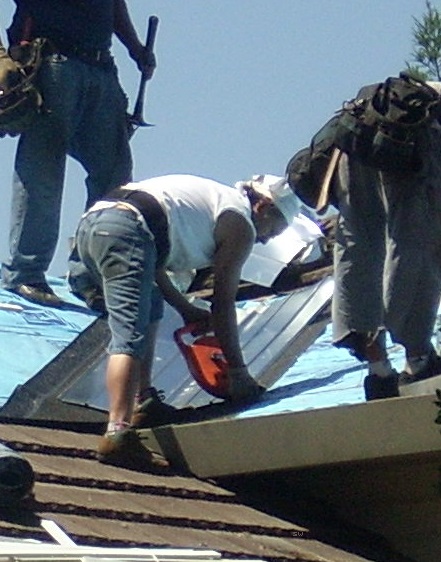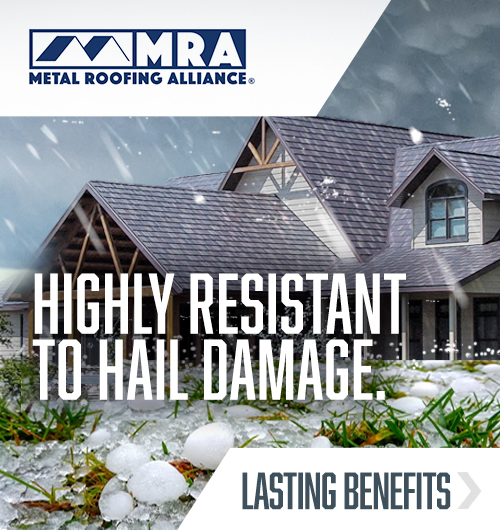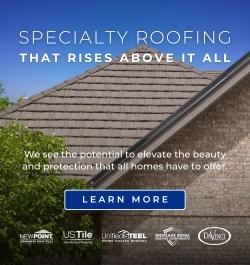Q & A - Fire Ratings for Roofing Materials

What you should know about fire ratings.
With the fire season here, I have had many questions regarding Fire Rated Roofing Materials.
There are concerns about fires jumping from home to home. As seen in the past, whole communities can go up in flames with the wrong conditions present, like wind and plenty of fuel.
As you can imagine everyone is talking about how to protect their home from fire and flying embers. One way to protect one's home is having a fire safe roofing system. There is a rating system in place regarding roofing materials. Most people know that some roofing is more flammable than others. For example, untreated cedar shake roofs burn more often than a concrete tile roof would. The fire rating for roofs is called A, B, C, and unrated roofing systems. Having an unrated roof makes your home or business vulnerable to fires vs having a Class A roofing system.
Untreated cedar shake and shingle are unrated. These roofs have been used as roof coverings for many years, but can burn very easily. By having the cedar shakes or shingles factory treated with fire-retardant, these types of roofs can gain the class C, B, and yes, even a class A rating with the proper roof assembly.
Most asphalt shingles are rated Class A and protect the roof from fires very well. Many years ago, just after the 4th of July, I was doing a roof inspection in Sacramento and found a bottle rocket on a rooftop. Next to it was this burn scar left in the asphalt shingle. It came close to missing the rooftop all together but as you can see the granulated surface of the Class A shingle burned a little but kept the small fire from spreading to the entire roof. That is what the ratings mean, Class A roof slows the burn down the best, then the B and then a C rating. A metal roof is great for commercial and rural homes and can also be Class A-rated. Some need an assembly to gain the rating and some are A-rated standing alone.
The best roofs to have in many opinions are the concrete tile roofs. This roof has and will continue to be Class A Fire Rated Roofing Systems. With all the styles, profiles and colors it is a good choice for fire protection.
It sometimes becomes needed to have an underlayment barrier with some roofing products and the roof deck. This serves as a fire stop from fire getting down into the building. Dens Deck, is one of many ways to accomplish these tasks. Using gypsum or rolled roofing 72-pound cap sheets can also gain the Class A rating. These are applied as part of the assembly of the roofing system.
Just a short safety tip. Clean your gutters or used a fire-rated gutter screen. Dead dry leaves catch on fire very simply as embers move down the roofs a drop into the gutters.
Have a question? AskARoofer.
Find your local roofing contractor in the RoofersCoffeeShop® Contractor Directory.










Comments
Leave a Reply
Have an account? Login to leave a comment!
Sign In